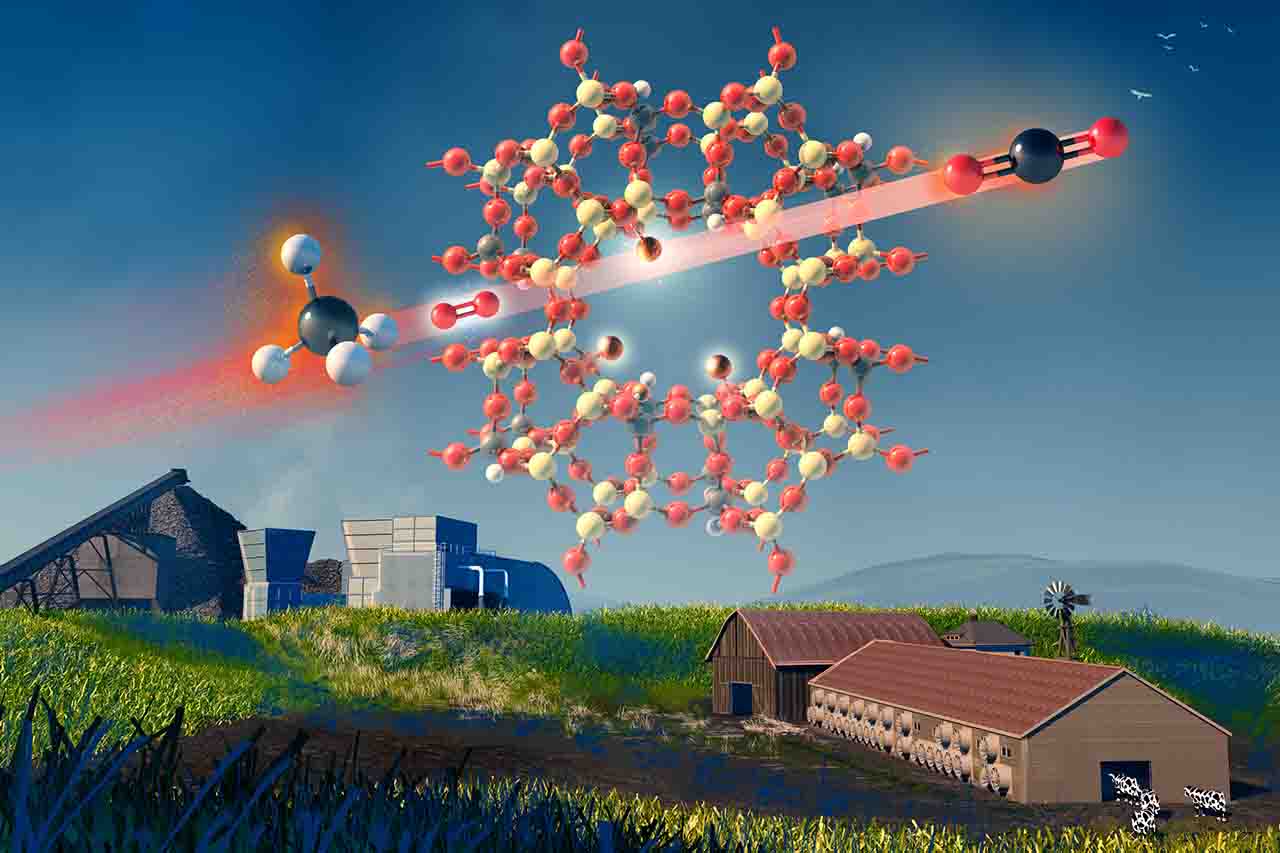Methane is a greenhouse gas that has two personalities. It heats the Earth’s atmosphere 28 times more powerfully than carbon dioxide. However, its absorption of solar radiation high in the atmosphere alters cloud patterns, casting a shadow on its warming effect. So, rather than adding more thermal energy to the atmosphere, methane’s solar absorption triggers a chain reaction that reduces its overall warming effect by about 30%, according to a study published March 16 in Nature Geoscience. Greenhouse gases, such as methane, have the greatest impact by absorbing infrared “longwave” radiation emitted by the planet’s surface. When the Earth is hit by “shortwave” radiation from the sun, it emits this longwave radiation. The majority of greenhouse gas research focuses on longwave absorption.
However, scientists are discovering that greenhouse gases, such as methane, absorb some of the sun’s shortwave radiation. Because of this additional shortwave absorption, recent estimates suggest that methane may contribute up to 15% more thermal energy to the atmosphere than previously thought. The new study, however, reveals that methane’s shortwave absorption has the opposite effect. This discovery is based on a thorough examination of the gas’s absorption at various wavelengths. The outcome is “counterintuitive,” according to climate scientist Robert Allen of the University of California, Riverside. According to Allen and colleagues’ simulations, this occurs due to the way methane’s shortwave absorbance affects clouds in different layers of the atmosphere.
When methane absorbs shortwave radiation above three kilometers in the middle and upper troposphere, it warms the air even more, resulting in fewer clouds in that upper layer. And because methane absorbs shortwave radiation high up, less of it reaches the lower troposphere. This cools the lower troposphere, causing more clouds to form in that layer.
Meanwhile, upper-level clouds are known to absorb longwave radiation in addition to greenhouse gases. When there are fewer of these clouds, less of the longwave radiation emitted by Earth is captured in the atmosphere, and more of it escapes to space, where it does not contribute to climate change. The new study analyzed methane’s shortwave impact using only one comprehensive model that included both the atmosphere and ocean, he says. “I would just like to see that sort of analysis done across multiple models,” increasing confidence in the results. According to him, the new study examined methane’s shortwave impact using only one comprehensive model that included both the atmosphere and the ocean. “I’d just like to see that type of analysis done using various models,” she says, adding to her confidence in the results.








